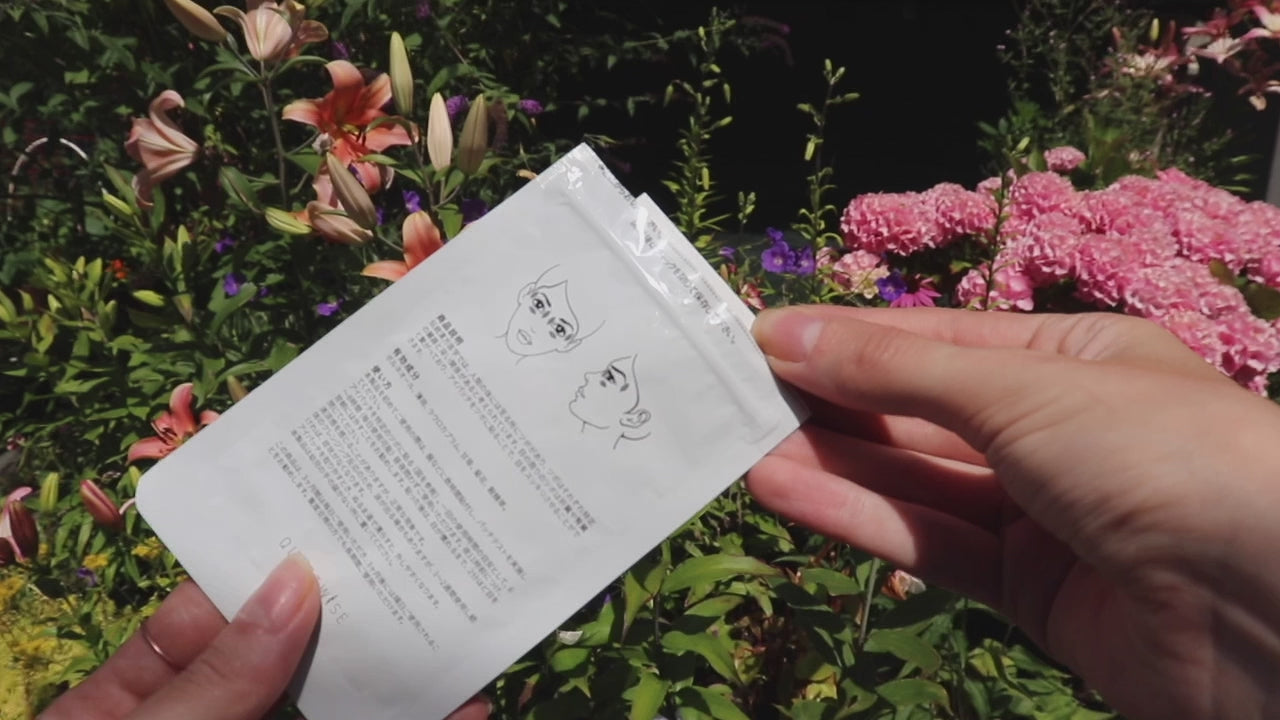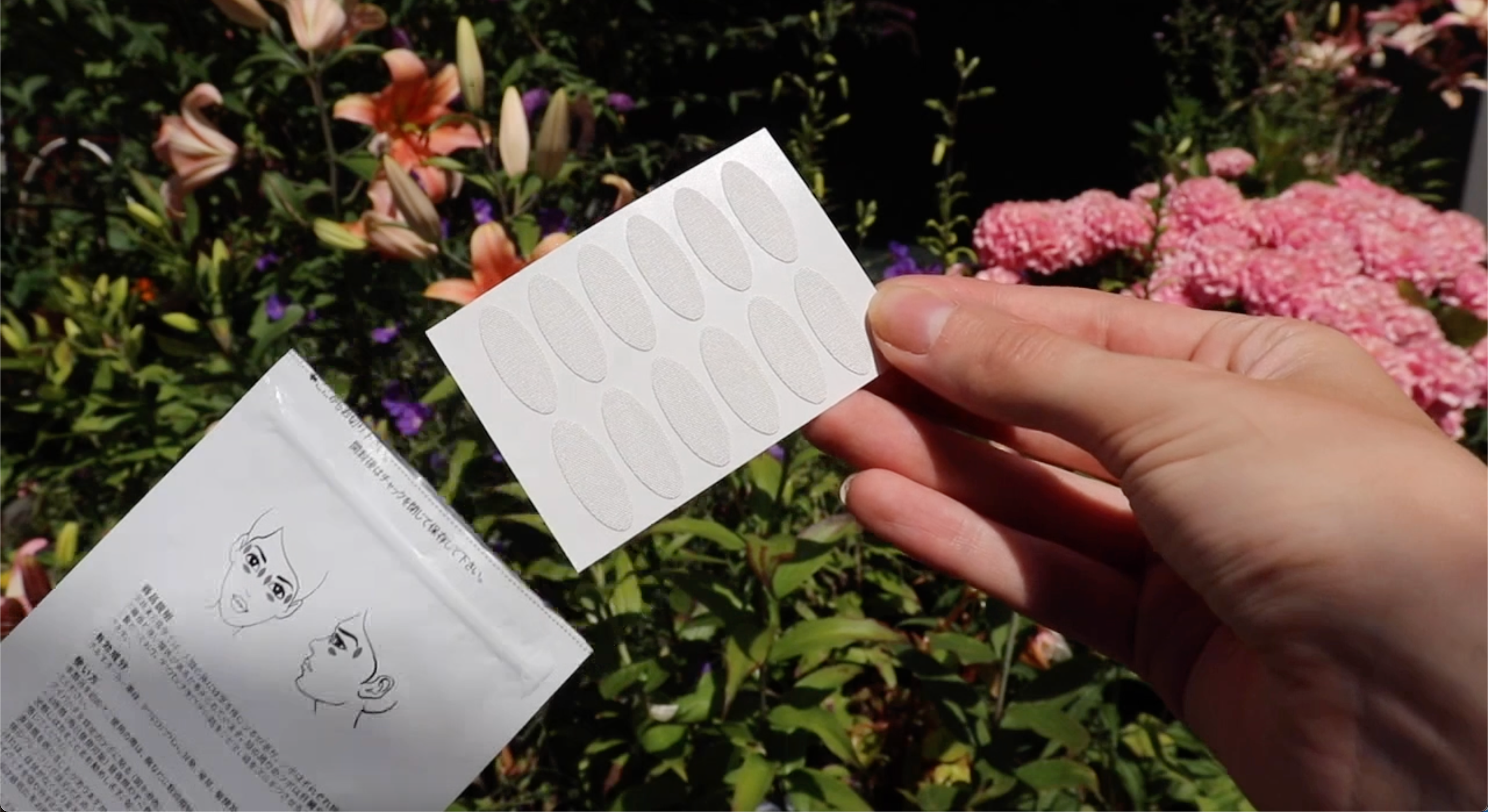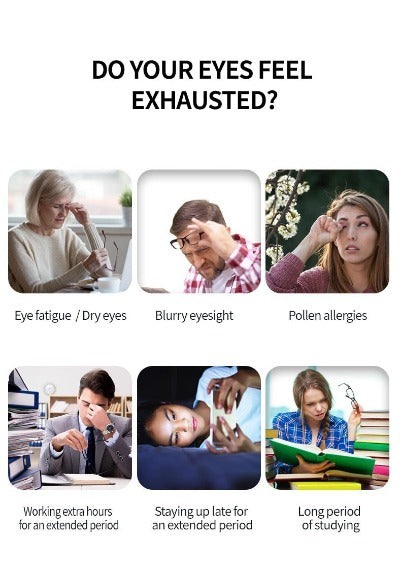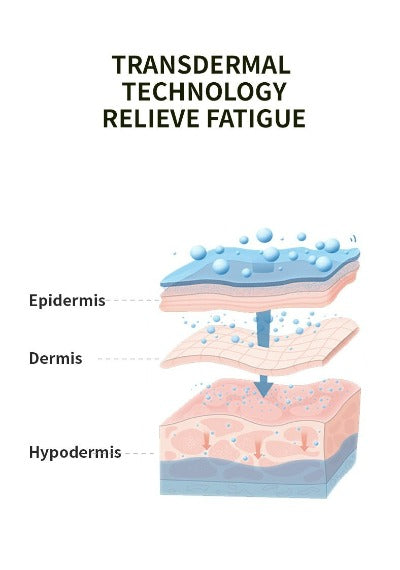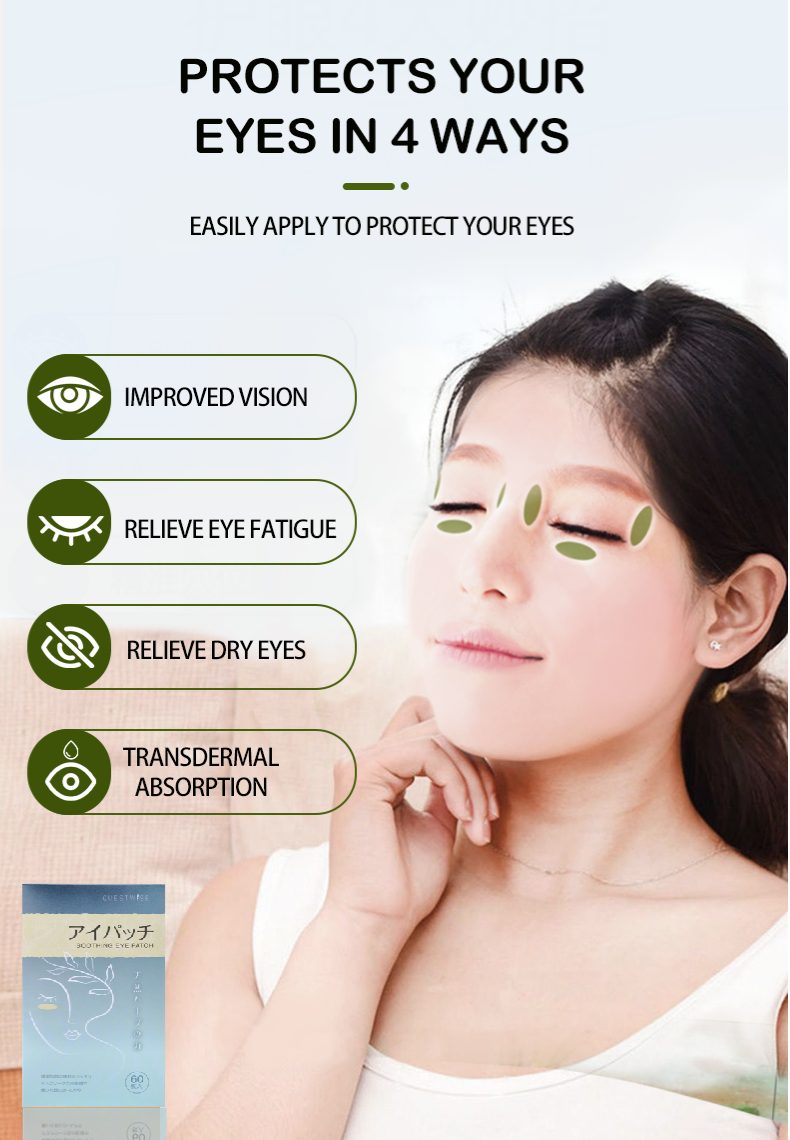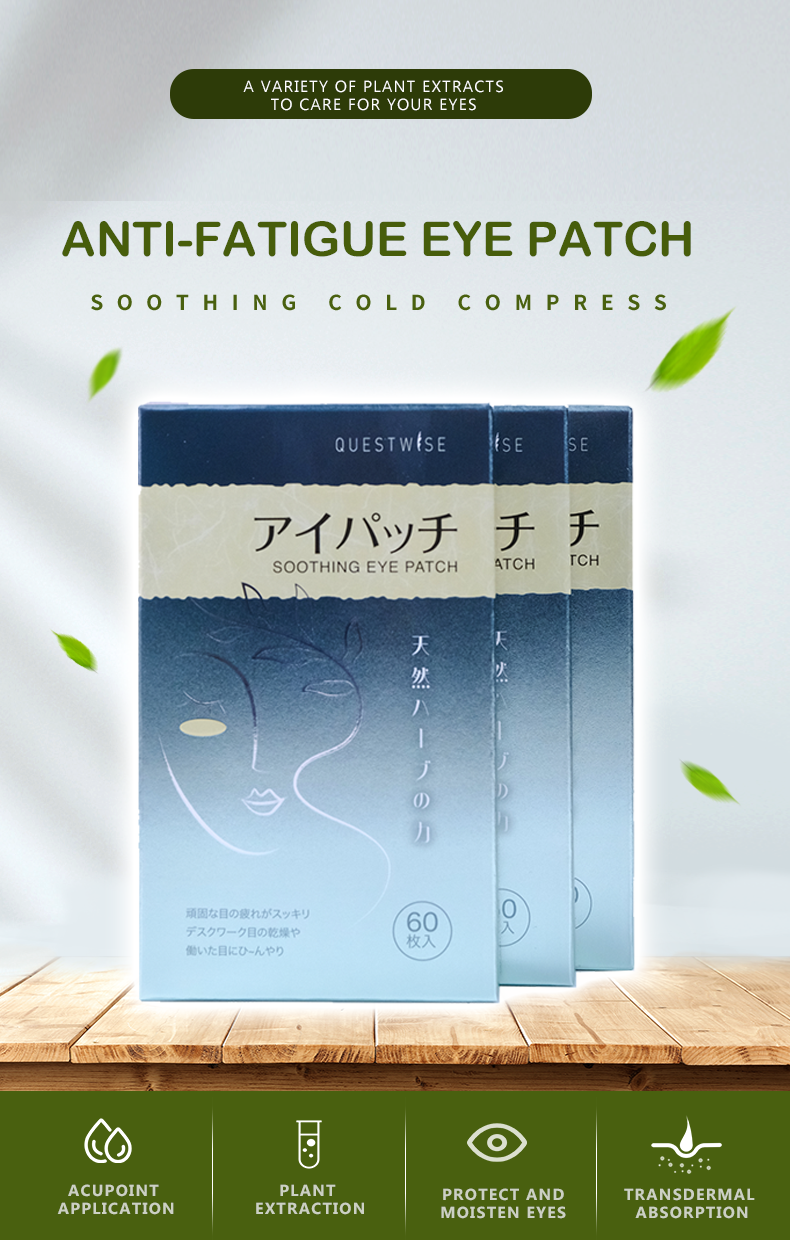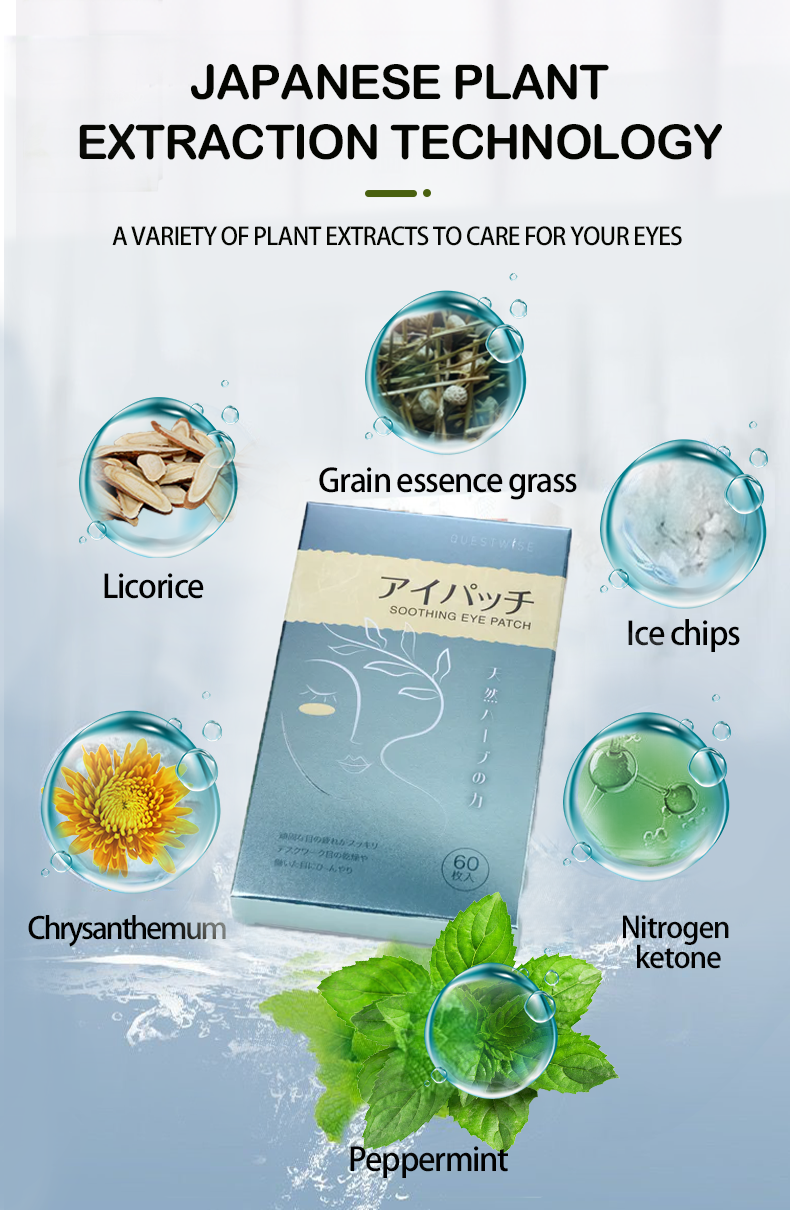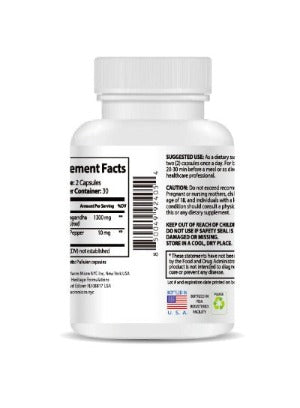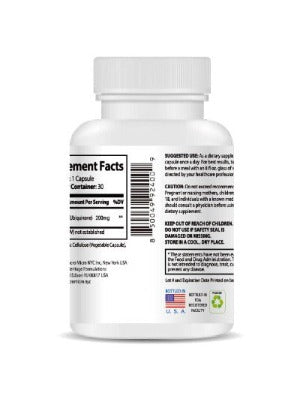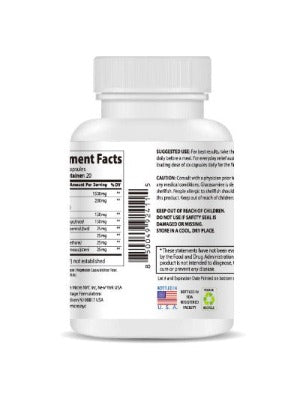The Role of Stress in High Eye Pressure: Fact or Fiction? A Comprehensive Guide to Eye Health in 2025
In today's fast-paced world, stress has become an almost universal experience, impacting nearly every aspect of our lives. But does this constant pressure extend beyond mental well-being, reaching into the intricate mechanisms of our eyes? Could the ever-present weight of stress be a contributing factor in high eye pressure? Let's delve into a comprehensive exploration of this critical topic, separating fact from fiction and empowering you with the knowledge to safeguard your precious vision.
Understanding the Complex Interplay Between Stress and Eye Health
While it's crucial to emphasize that stress doesn't directly *cause* high eye pressure (also known as ocular hypertension or glaucoma), a growing body of research strongly suggests a significant correlation. The persistent activation of the body's stress response system, characterized by elevated levels of cortisol, can trigger a cascade of physiological changes that have the potential to influence intraocular pressure (IOP), the pressure within the eye. This subtle yet important connection between stress and eye health deserves careful consideration.
Sustained elevation of IOP, even at levels not immediately classified as glaucoma, can gradually damage the delicate optic nerve, the vital pathway transmitting visual information to the brain. This damage can accumulate over time, potentially leading to irreversible vision loss. This underscores the importance of addressing all potential contributing factors, including chronic stress, to protect and preserve eyesight.
Stress and Glaucoma: Exploring the Nuances of the Relationship
Glaucoma, a leading cause of irreversible blindness, is often associated with high eye pressure. While elevated IOP doesn't automatically equate to glaucoma, it significantly increases the risk. The exact mechanisms by which stress influences IOP and glaucoma development are still being investigated, but several pathways are suspected:
- Increased Cortisol Levels: Chronic stress leads to sustained high levels of cortisol, a hormone known to affect blood vessels and fluid regulation in the eye. This hormonal imbalance may contribute to altered IOP.
- Inflammation: Stress triggers systemic inflammation, a process that may contribute to inflammation in the eye, potentially impacting IOP and damaging the optic nerve.
- Autonomic Nervous System Dysfunction: Stress affects the autonomic nervous system, which regulates various bodily functions, including blood flow to the eye. Dysregulation of the autonomic nervous system may influence IOP.
- Sleep Deprivation: Chronic stress frequently disrupts sleep patterns, leading to sleep deprivation. Insufficient sleep can affect the body's ability to regulate IOP and maintain healthy eye function.
Beyond the Direct Link: Examining the Indirect Impact of Stress on Eye Health
The link between stress and high eye pressure isn't solely about IOP. Stress can indirectly compromise eye health through various pathways:
- Compromised Sleep Quality: Chronic stress often disrupts sleep, depriving the eyes of necessary restorative periods. Adequate sleep is vital for repairing and regenerating eye tissues. Sleep deprivation can worsen existing eye conditions and increase vulnerability to new problems.
- Unhealthy Lifestyle Choices: Under stress, individuals often adopt unhealthy coping mechanisms, such as excessive caffeine or alcohol consumption, skipping meals, and neglecting exercise. These habits directly impact overall health and negatively affect eye well-being.
- Weakened Immune System: Prolonged stress weakens the immune system, making the eyes more susceptible to infections and inflammation, both of which can affect IOP and overall eye health.
- Elevated Blood Pressure: Stress often raises blood pressure, a known risk factor for various eye conditions, including glaucoma.
- Increased Eye Strain: The demands of a stressful lifestyle often translate into increased screen time and reduced time spent outdoors. This can contribute to digital eye strain and exacerbate existing eye conditions.
Stress Management Strategies to Promote Eye Health
Given the multifaceted impact of stress on eye health, incorporating a comprehensive approach to stress management is crucial. This requires a multifaceted strategy encompassing lifestyle modifications and stress-reduction techniques.
- Regular Exercise: Engaging in regular physical activity is a powerful stress reliever. It helps regulate cortisol levels, improves mood, and promotes overall well-being, indirectly benefiting eye health.
- Mindfulness and Meditation: Practices such as mindfulness and meditation provide tools to calm the mind, reduce stress hormones, and cultivate inner peace. These techniques have demonstrably positive effects on various aspects of health, including eye health.
- Adequate Sleep Hygiene: Prioritizing sufficient sleep is essential. Establish a consistent sleep schedule, create a relaxing bedtime routine, and optimize your sleep environment to ensure you get 7-9 hours of quality sleep each night.
- Nutritional Support: Fuel your body with a balanced diet rich in antioxidants, vitamins, and essential nutrients known to support eye health. Incorporate leafy greens, colorful fruits and vegetables, and omega-3 fatty acids into your diet.
- Digital Wellness Practices: In our digital age, excessive screen time is a major stressor. Implement strategies to reduce screen time, such as the 20-20-20 rule (look at an object 20 feet away for 20 seconds every 20 minutes) and use blue light-filtering glasses.
- Time Management Techniques: Effective time management can help reduce feelings of being overwhelmed and improve stress levels. Prioritize tasks, delegate where possible, and learn to say no to avoid overcommitment.
- Social Support: Building and nurturing strong social connections can provide a buffer against stress. Lean on friends, family, or support groups during challenging times.
- Professional Help: If stress is significantly impacting your life and well-being, don't hesitate to seek professional help from a therapist or counselor. They can provide coping strategies and guidance to manage stress effectively.
Soothing Your Stressed Eyes: Introducing Wise Quest Soothing Eye Patches
In addition to stress management, providing direct relief to tired, stressed eyes is crucial. This is where the Wise Quest Soothing Eye Patches - 1-Month Care Pack become an invaluable asset. These innovative patches harness the power of traditional Chinese herbal medicine to offer soothing relief from a wide range of eye-related discomforts.
These are not just ordinary eye patches. They're designed to target many symptoms associated with eye strain and stress. The Wise Quest Soothing Eye Patches - 1-Month Care Pack fundamentally relieve eye fatigue, dryness, astringency, redness, and swelling—all common consequences of prolonged screen time and stress. Their unique formula promotes healthy blood circulation, aiding in the alleviation of discomfort and supporting overall eye well-being. The gentle, natural ingredients work harmoniously with your body, offering a calming experience that relaxes tense eye muscles and reduces the sensation of strain.

Integrating these patches into your daily routine contributes to a holistic strategy for maintaining healthy eyes. The soothing action of the patches provides immediate relief, allowing you to relax and focus on other stress-reduction activities. They are a simple yet effective way to address the physical manifestations of stress on your eyes, complementing your overall stress management efforts.
Conclusion: A Holistic Approach to Protecting Your Vision
The relationship between stress and high eye pressure is complex, but the correlation is undeniable. Adopting a holistic approach that combines proactive stress management techniques with targeted treatments like the Wise Quest Soothing Eye Patches - 1-Month Care Pack can significantly mitigate risks and enhance your eye health. Remember that regular comprehensive eye exams are vital for early detection and management of potential issues. Your vision is precious; invest in its protection today.



